Week 11 (2025)
bird observations & repair, dancing, tiny fiefdoms & our somewheres, lambing & lent's docile, patient hope
Click title to open in browser. You can reply directly to this email if received in your inbox.
to read: books
Helena — Evelyn Waugh — Now put St. Augustine’s Monica in a novel.
“Sometimes," Helena continued, "I have a terrible dream of the future. Not now, but presently, people may forget their loyalty to their kings and emperors and take power for themselves. Instead of letting one victim bear this frightful curse they will take it all on themselves, each one of them. Think of the misery of a whole world possessed of Power without Grace.”
and
"But you found what you wanted?"
"I have accepted what I found. Is that the same?"
"For most people. I think you wanted more."
"Once. Now I am past my youth."
"But your question just now. 'When? Where? How do you know?' — was a child's question."
"That is why your religion would never do for me, Marcias. If I ever found a teacher it would have to be one who called little children to him."
"That, alas, is not the spirit of the time. We live in a very old world today. We know too much. We should have to forget everything and be born again to answer your question.”
to read: essays, articles, newsletters
The Backyard Bird Chronicles — Colleen Dong, Circe Institute — “In order to understand curiosity as a virtue, we need to think about it more closely and discover its unique offerings to learning and a flourishing life… Jason Baehr discusses intellectual virtues as having three main dimensions: skill, motive, and judgment.”
All This Gorgeous World — Dana Ryan,
—“Or is it a grace
that questions of meaning already capture the mind of
this curious boy of mine, his heart responding to the
deeper knowledge of a beautifully crafted world,
where he is more than a collection of atoms and
where his story connects to a bigger, grander story, that I am
a part of too, where all this gorgeous world is finally set free?”
Go Slow And Repair Things — Elizabeth Stice, Mere Orthodoxy — “As a result of our love for speed and revolution, in our era we have relatively few ready examples of going slow and repairing things. One unexpected example of going slow and repairing things as a Christian approach to improving the world can be found in the novel known as The Wrong Side of Paris…”
(a brilliant companion to the broad concept of healing vs. hacking in this previously shared essay — and on the concept of repair, maybe start with Alan Jacobs)
- , The New Atlantis — “Suburbs, like cities and country, do in fact have a characteristic good. They seem so strange, so uncannily empty on the surface, because all their possibility is in their private underside — for adults as well as children. They are tiny fiefdoms, to arrange and order optimally and devote to your demented little experiments — space enough to make real decisions, on a scale small enough for democratic accessibility.”
(previously shared from her: No Ordinary Place, Dandelions: An Apology, The ‘Mortuary Chic’ Of Today's Aspirational Kitchen, Selling Friends, The Joy Of Losing Your Phone)
Meditations In A Time Of Zillow — Sister Maria Frassati Jakupcak, O.P., Dappled Things — “But most of all, come and come soon – with a generous heart and a clear eye and a creative hand. The house will repay all of this and more, shaken down, pressed together, and poured into your lap, provided only that you are brave enough to make this place – in defiance of many sensible expectations – your somewhere.”
- , Plough — “And everyone dances together (including some with toddlers in arms) in a microcosm of the Great Dance, among neighbors and among all God’s creatures; between men and women, and between God and the soul.”
(previously shared from her: this interview with Grace Olmstead, The Pleasures Of Working Together, How To Grow A Garden In The Technopoly, a review of Works Of Mercy, Ancient Songs In The Desert, this interview with Paul Kingsnorth — also, I heard her talk at the 2023 FPR conference which we were able to go to because it was less than an hour away… and which was the highlight of recent years for this mother of littles, getting to meet and talk with a handful of internet writer folks. I remember whispering to my husband during her talk “I feel like this happens all the time with people now, but her name sounds familiar… like I’ve shared her work in my newsletter.”)
Lent #4 —
— “I want to be like JesusWe say it in Church
Online
In small group
In prayer
Waiting for Romans who’ll never come
To make us take up our cross and follow
We tried WWJD bracelets
Positive and encouraging K-Love
Jesus tats
What if we tried 40 days outside the camp, in the wilderness,
denying ourselves like He did.
He’s invited us.”
Patience, Docility, And Hope — R.J. Snell, The Public Discourse — “If we have taken years to distort ourselves, it will normally take years to reform. Repentance is the start—not the conclusion—of moral development… Authority asks for docility, docility allows for patience, and patience augments our hope.”
The Joys And Laments Of Lambing —
, Over The Field — “All this relentless work, sleepless nights, mothering and midwifery, the pangs of untimely death, are the costs — some pleasant others tyrannical — that the shepherd must endure throughout the lambing season… all this abundant life is the result of his arduous and dedicated work.”(related: ’s Lambing Season, ’s God's Question And Mine, The Shepherd's Life (book), A Shepherd Looks At Psalm 23 (book), The Lord Of Psalm 23 (book), and the emphasis on Christ as the Good Shepherd in The Religious Potential Of The Child (book), shared previously)
to watch, listen to
What Every Woman Should Know About Her Body — Katie Vidmar, at The Guiding Star Project’s recent conference — First, is her Master of Theological Studies in Biotechnology and Ethics the dream? Yep, a lil’ bit. I’ve added Katie's website and work to the compilation below. Second, a lot of thoughts during these 18 minutes. But the main takeaway that’s lingering in my mind is the connection between pro-life advocacy and body literacy. (Abortion has so many facets, yes. But why not start at the very basic knowledge of the body itself?)
“Rather than seeing their bodies as unreasonable, unpredictable, and a source of suffering… women who are literate of their bodies would see how their bodies made sense, worked in patterns, and were always doing smart things to keep them safe and to thrive. And when women see themselves in this way, it is much more believable that they were created by a God who creates out of order and love.”
“For God is not a God of confusion but of peace.” 1 Cor. 14: 33
This is it. A link which was glaringly missing for many of us. Sure we might have known sex was for marriage, and abortion was wrong. But whoo boy is there a lot to unpack that wasn’t (still hasn’t been for many folks) in between those two pretty unshakeable pillars: A full picture of the ordered, healthy functions of our fertile bodies? How it speaks a meaningful language of its own, and was created to be known, understood, and appreciated as such? How this knowledge begins far before any potential marriage, and ought not be negated within it?
Any attempt to engage the fraught nature of unplanned pregnancy absolutely needs to—among other things—start upstream with the dignity that male and female bodies hold in all their intentionally procreative intricacies. Doing so with a muddled Meat Lego (a la ) understanding and treatment of our own—”meaningless matter we can manipulate at will”—seems incomplete, shortsighted, potentially hypocritical, and ultimately incongruent. And it hinders a potentially rich understanding of the human person that women (and the men in their lives) need for long-term flourishing.
The approaches of “healing over hacking” and “go slow and repair things” as linked in the essays above have countless applications. Many folks are doing excellent work illuminating such approaches for educational philosophy! digital technology! agricultural practices! aspects of work! urban design! neighborhood community! parenting! food and nutrition! religious faith and practice! Perhaps this is how Christians remain full of light and salt when the bland darkness of the world wants to streamroll every lively thing. We help nudge every square inch toward wholeness, toward the life that is truly life. (Last week this touched on IVF and what the healing profession is even for.)
The workings and treatment of our very bodies also have physiological, social, and spiritual ramifications… being the body-soul composites we were created as. Which is kind of the whole point of these:
Continuing On:
The Natural Womanhood Podcast with
— Season 3, Episode 3 — Why Is Talking About NFP (And Sex) So Difficult? with Ellen Holloway — Ellen’s work at Vines In Full Bloom can also be found here and here. And the dentist anecdote… “This stuff just comes up naturally!” It really does when you’re pregnant. “It doesn’t have to be this big, scary thing to talk about with women around you.”As for the tangent about Catholic culture (perhaps that should be Christian culture at large… another topic we’ve considered here before) I’m still thankful for these threads of conversation some honest and helpful people jumped in on a while back.
Woven Well Podcast with
— Episodes 45-46 — The Reproductive Continuum and Nutrition Tips For Every Woman
(more resources on female embodiment in the Big Ol' Compilation)
to glean from: tip, product, resource
Madonna & Child — Jeanne Antoinette Labrousse
The Lord's Prayer (three ways) + As Foretold: Part 2 — Poor Bishop Hooper


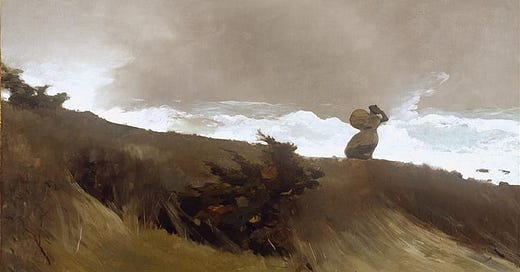


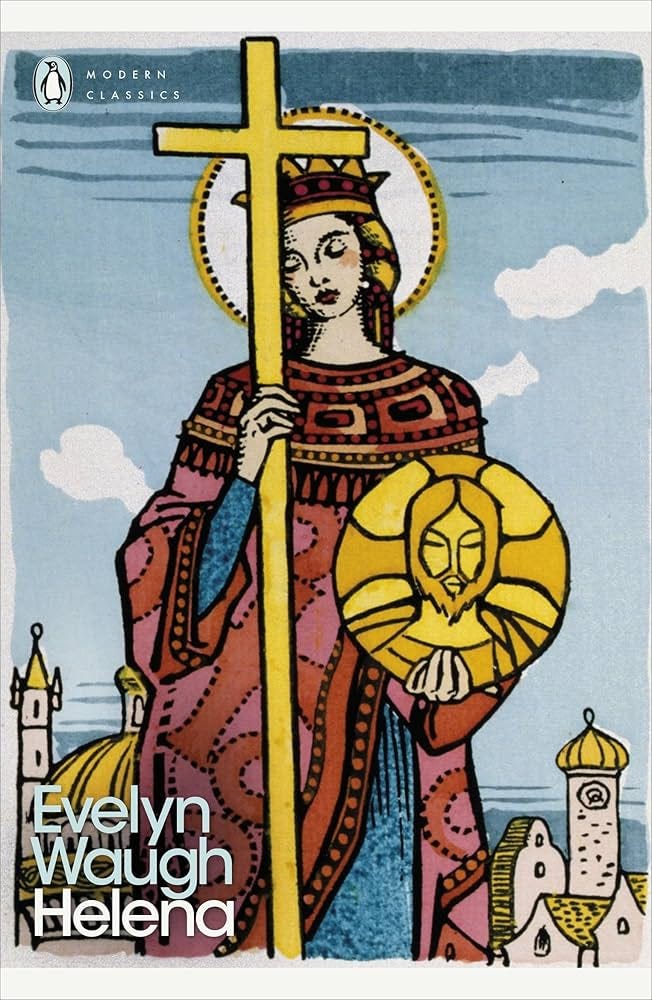
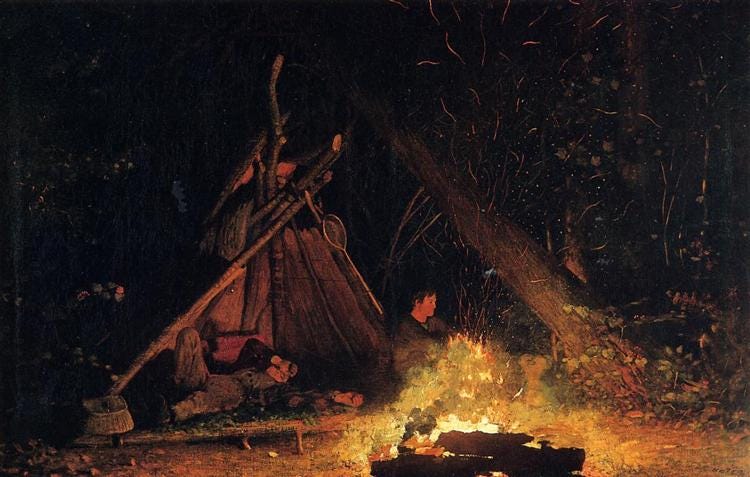
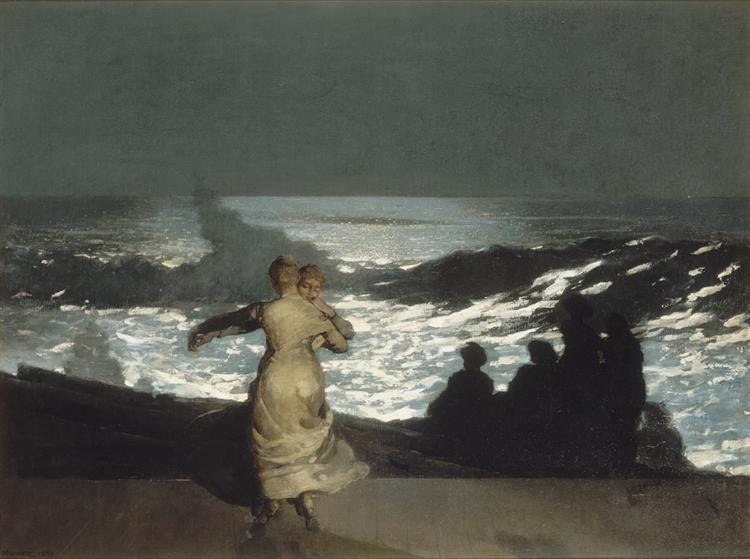
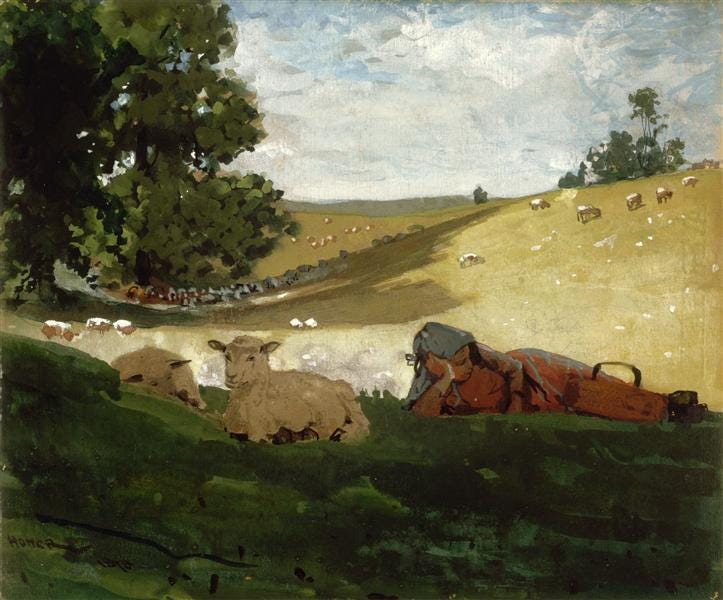
![the [female] body: a compilation](https://substackcdn.com/image/fetch/w_140,h_140,c_fill,f_auto,q_auto:good,fl_progressive:steep,g_auto/https%3A%2F%2Fsubstack-post-media.s3.amazonaws.com%2Fpublic%2Fimages%2F4915e0a2-6b60-42c4-93c8-748af2fa1f4c_480x360.jpeg)
![the [desecrated] body: a compilation](https://substackcdn.com/image/fetch/w_140,h_140,c_fill,f_auto,q_auto:good,fl_progressive:steep,g_auto/https%3A%2F%2Fsubstack-post-media.s3.amazonaws.com%2Fpublic%2Fimages%2F5c9d3ae9-c6b3-42ba-a5db-f5b7f91da982_555x600.jpeg)
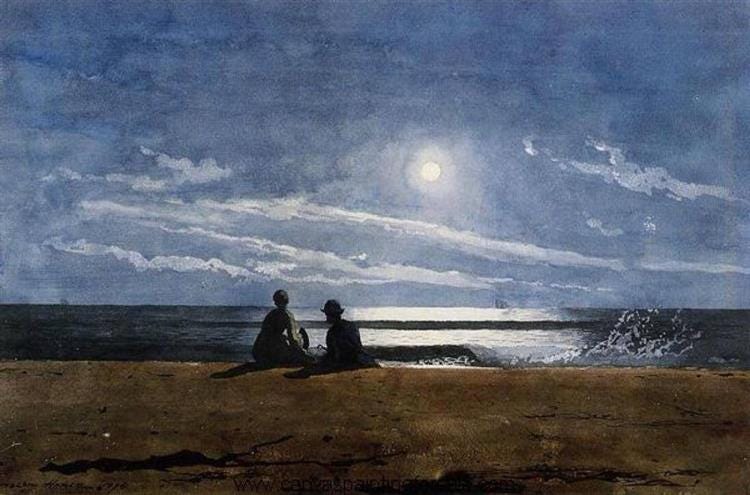

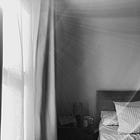


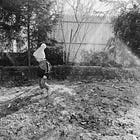
Ooh a novel of St. Monica, I would be here for that!
We just hired Katie Vidmar at Natural Womanhood (for many reasons, but also) to help us make the case for body-literacy-as-the-ultimate-abortion-disruptor on a national level. Pray for us, please!